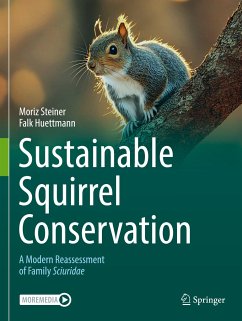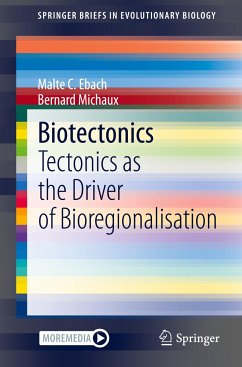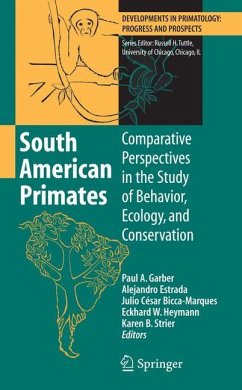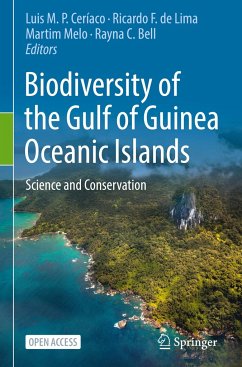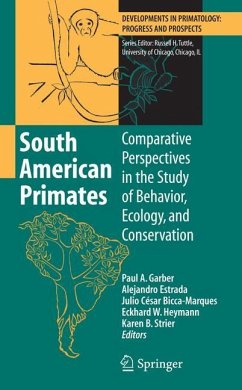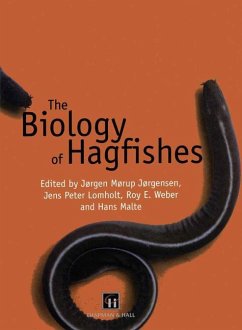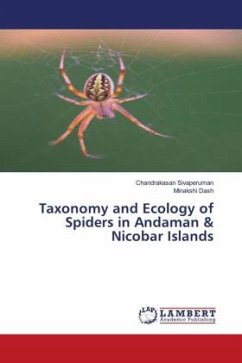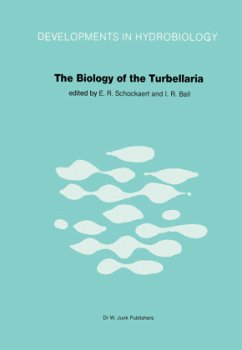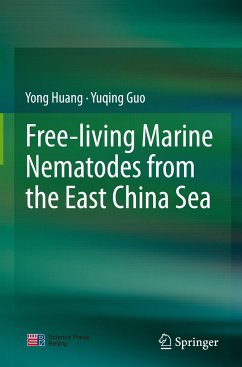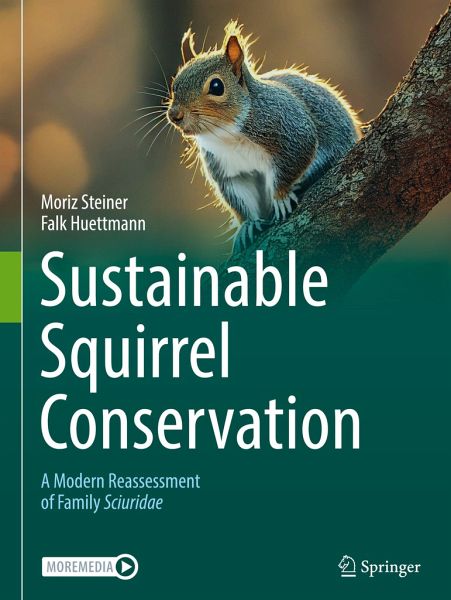
Sustainable Squirrel Conservation
A Modern Reassessment of Family Sciuridae
Versandkostenfrei!
Versandfertig in 6-10 Tagen
129,99 €
inkl. MwSt.
Weitere Ausgaben:

PAYBACK Punkte
65 °P sammeln!
This book attempts to move the family of squirrels (Sciuridae) out of the shadow of large charismatic mammals and to highlight management failures with the goal of moving towards an improved conservation approach. Particular attention is paid to the influence of taxonomic science on squirrel conservation. In addition, the authors show how human-driven climate change, global change and modern politics are shaping global squirrel populations as well as their surrounding environments and ecosystems.Squirrels are widespread around the globe, naturally occurring on every continent except Antarctica...
This book attempts to move the family of squirrels (Sciuridae) out of the shadow of large charismatic mammals and to highlight management failures with the goal of moving towards an improved conservation approach. Particular attention is paid to the influence of taxonomic science on squirrel conservation. In addition, the authors show how human-driven climate change, global change and modern politics are shaping global squirrel populations as well as their surrounding environments and ecosystems.
Squirrels are widespread around the globe, naturally occurring on every continent except Antarctica and Oceania, and they are certainly among the animals most commonly encountered in everyday life. Despite this, the authors of this volume identify worrying gaps in squirrel conservation. Squirrels are often hunted, trapped, poached, and stressed, and management strategies andlegislation are often devised in the absence of proper knowledge of issues such as population sizes, taxonomies, and trends. Together, this can result in severe population declines and even species extinction. By assessing their taxonomic situation, ecology, the evolution and divergence of Sciuridae around the globe, and squirrels' well-being across habitats, the authors set a baseline from which to launch future investigations into the conservation of squirrels and other species. Additionally, the authors highlight the influences of climate change, unsustainable growth, and various man-made threats to the future of this family.
Squirrels are widespread around the globe, naturally occurring on every continent except Antarctica and Oceania, and they are certainly among the animals most commonly encountered in everyday life. Despite this, the authors of this volume identify worrying gaps in squirrel conservation. Squirrels are often hunted, trapped, poached, and stressed, and management strategies andlegislation are often devised in the absence of proper knowledge of issues such as population sizes, taxonomies, and trends. Together, this can result in severe population declines and even species extinction. By assessing their taxonomic situation, ecology, the evolution and divergence of Sciuridae around the globe, and squirrels' well-being across habitats, the authors set a baseline from which to launch future investigations into the conservation of squirrels and other species. Additionally, the authors highlight the influences of climate change, unsustainable growth, and various man-made threats to the future of this family.



